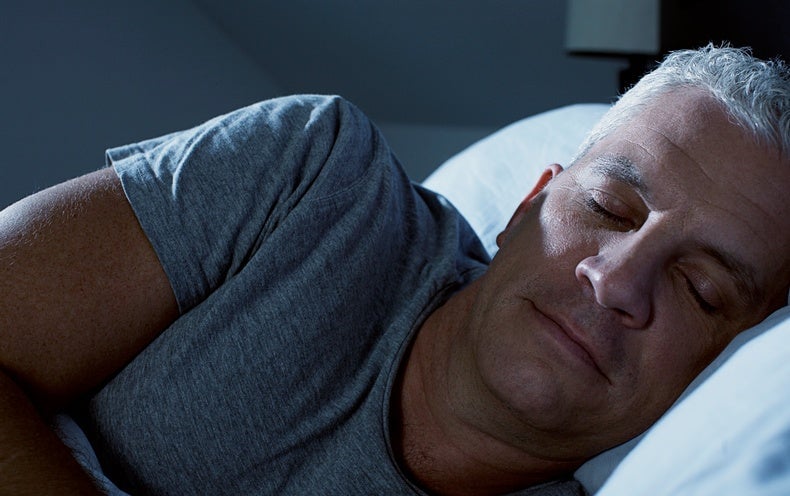Researchers from the University of Exeter’s European Centre for Environment and Human Health have found that residing in areas with more natural greenery or having views of water, referred to as “blue spaces,” can enhance sleep quality and duration.
Staying in blue spaces linked to better sleep
A study across 18 countries found a link between residing in areas with more greenery and better sleep. This research, the first of its kind to analyze various natural environments globally, builds on previous findings connecting green spaces to improved sleep quality.
Insufficient sleep, typically less than six hours per night, poses a substantial public health concern in developed nations. It is associated with various negative health consequences, including obesity, diabetes, cardiovascular diseases, and heightened mortality risk.
Residents of neighborhoods with more greenery reported improved mental health and better quality of sleep. Dr. Leanne Martin, the lead researcher from the University of Exeter, suggests extending streetscape greening initiatives to residential areas to enhance public health and promote healthier sleep patterns.
A study involving over 16,000 participants across 14 European countries, as well as Australia, Canada, the United States, and China, utilized data from the BlueHealth International Survey (BIS). This survey, conducted by the European Centre for Environment and Human Health, gathered information on respondents’ access to greenery and blue spaces, their leisure time spent in natural environments, their mental health, and their sleep patterns.
People living in more green spaces have better mental health
According to the study individuals living in areas with more greenery or with views of blue spaces tended to report better mental health, which was associated with healthier sleep patterns. Additionally, those who spent more recreational time in green and blue spaces also tended to have better mental health and sleep durations.
The study indicates that residing on green streets correlates with better sleep, with 17% of green street residents reporting fewer than six hours of sleep compared to 22% of those in non-green areas. This difference is akin to the variance in sleep patterns between individuals coping financially and those under financial strain.


